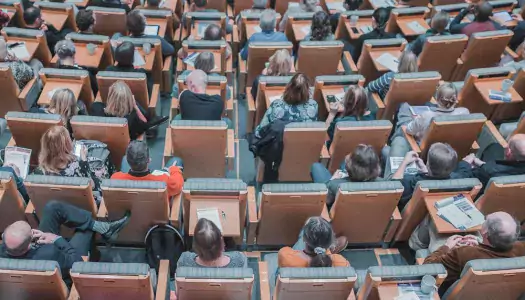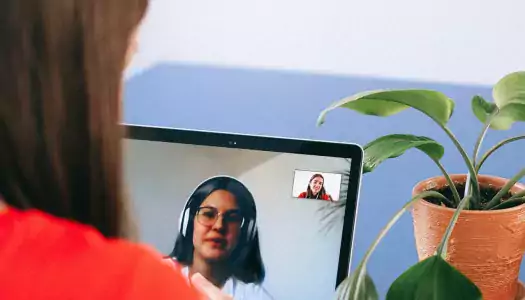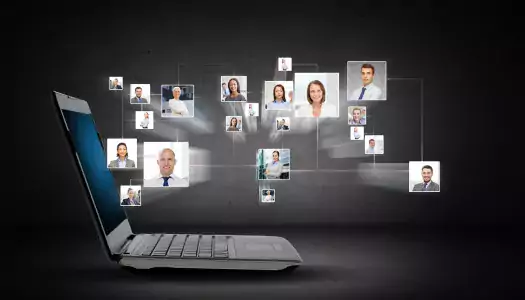After two years of disruption, many of you have been rethinking events. Maybe in-person events don’t have to focus so heavily on content since their special sauce is giving people the chance to connect and deepen their sense of belonging in a professional community.
You’ve seen exciting potential in virtual events, some of them doubled or tripled attendance. But you’ve seen the pitfalls too. It’s easy to get lost in those big crowds and get bored with so much passive content consumption.
In the shift to virtual, a pre-pandemic missed opportunity stayed with us. Attendees come together for a few days of learning and camaraderie, and then, poof, it’s over. Everyone rushes back to work. The good feeling is gone. The momentum snuffed out. Buzz killed.
Does everything have to stop? Where’s the rule saying the learning and conversations can’t go on? All that effort for only a few days? Seems like it could be different. Better.
It can be better. Better for everyone—attendees, sponsors and exhibitors, and your association—if you host a year-round learning community that keeps the education and conversations going.
The future of work demands a year-round commitment to learning
The time is right for a fresh approach to learning. Melissa Emler at Modern Learners says the future of work and the future of learning must be entwined if people are to develop the skills needed in the years ahead. Attending sessions a few days a year isn’t enough. And isn’t even doing the job now. What happens after a conference? New information is forgotten, intentions fall away in the rush back to work, names slip from memory, and new relationships never have a chance to bloom.
Emler says, “Modern learning consists of three components. The independent pieces will become increasingly more interdependent as we move into the post-pandemic era.”
• Community: “a group of people wanting to learn more and connect with others.”
• Content: the “anchor for learning.”
• Events: “gathering[s] of people committed to learning more.”
“When making decisions about professional learning opportunities, people must understand the best experiences will contain all three components: community, content, and events,” she said. That’s our recipe for effective, year-round learning.
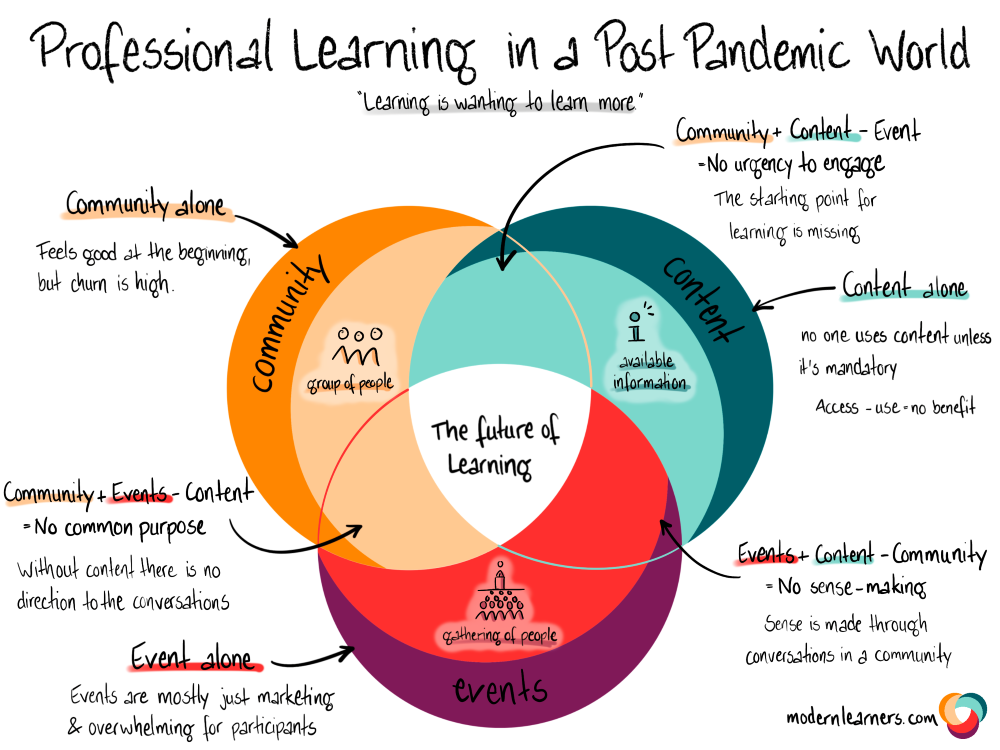
Sell a better registration package: year-round learning community, content and events
Make it easy for attendees to honor their intentions, continue learning, deepen relationships, and become part of a community born at the conference, but regrouping throughout the year in online conversations.
Instead of always having to start from scratch when marketing conferences and educational programs, with this approach, you have a learning community already primed for action and ready to participate in conferences, courses or certificate programs. Your conferences become unlike any other industry event. They’re not a one-and-done event. Instead, they’re the beginning of a year-long experience, one that people are likely to repeat.
Participating in a learning community is quite different than participating in a traditional online community. A learning community is made up of people (members and non-members) who have chosen to invest in their growth by extending the event experience. They want to keep the momentum going, deepen relationships, and stay intellectually stimulated.
Participants pay a higher registration rate when they register for the conference or pay a surcharge during a limited enrollment period after the event. You could also offer access as part of a special learning pass or membership tier for those who couldn’t attend the conference.
Access to virtual community events could also include smaller niche events throughout the year, with momentum building up toward larger events. At the annual conference, community members enjoy exclusive in-person and virtual meetups.
Offer different ways to engage in the community, so there’s something for everyone. Focus on conversations, not only content presentations. Find ways for community members to make meaningful contributions throughout the year, perhaps with volunteer-led content, advisory groups, and feedback channels.
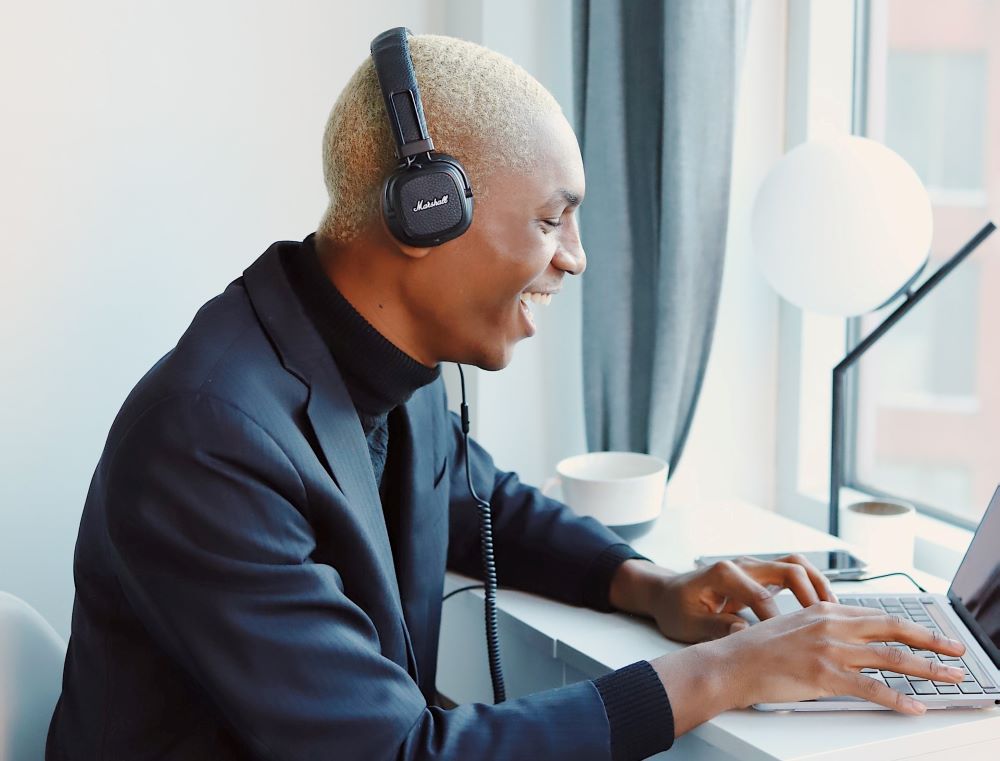
The elements of a successful year-round learning community
For an endeavor this ambitious, you must develop community management and content strategies as well as a robust calendar of meetups for different market segments on different topics. This initiative stretches beyond departmental silos. A cross-functional team representing education/professional development, conferences/meetings, membership/member engagement, and marketing must all have ownership of community engagement.
The investment of staff time will be worth it since the community presents many opportunities for sponsorship of educational and social programs and events. Because activities are online, you’ll also collect valuable data that provides insight into participants’ interests, format preferences and market segments.
If you use your learning management system (LMS) as the content hub for the learning community, you can integrate it with Zoom for virtual events and meetups of all sizes. A platform like TopClass LMS can also host discussion forums and on-demand content, and provide recommendations for related programs like recordings, courses and certificate programs.
Associations gather their communities at conferences but rarely have a strategy to keep those communities alive after the event ends—a missed opportunity and waste of association resources. A learning community keeps the good feeling going and strengthens participants’ engagement and loyalty until you all meet again.
